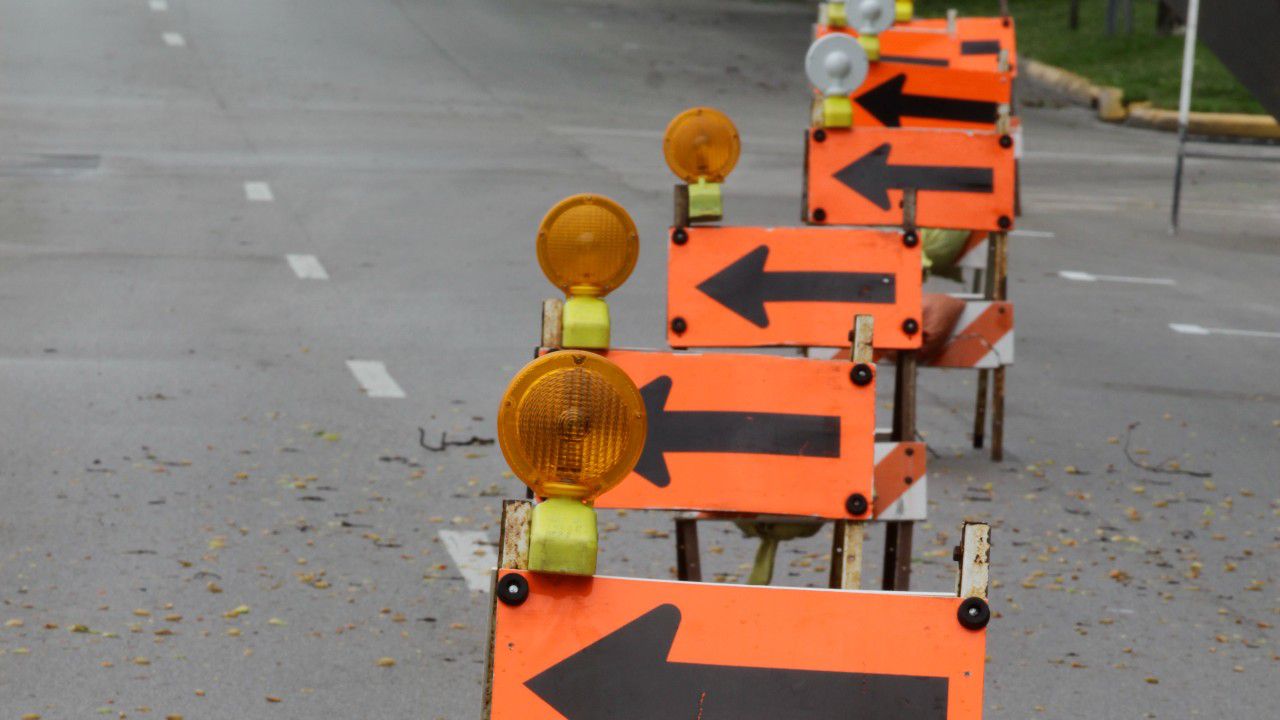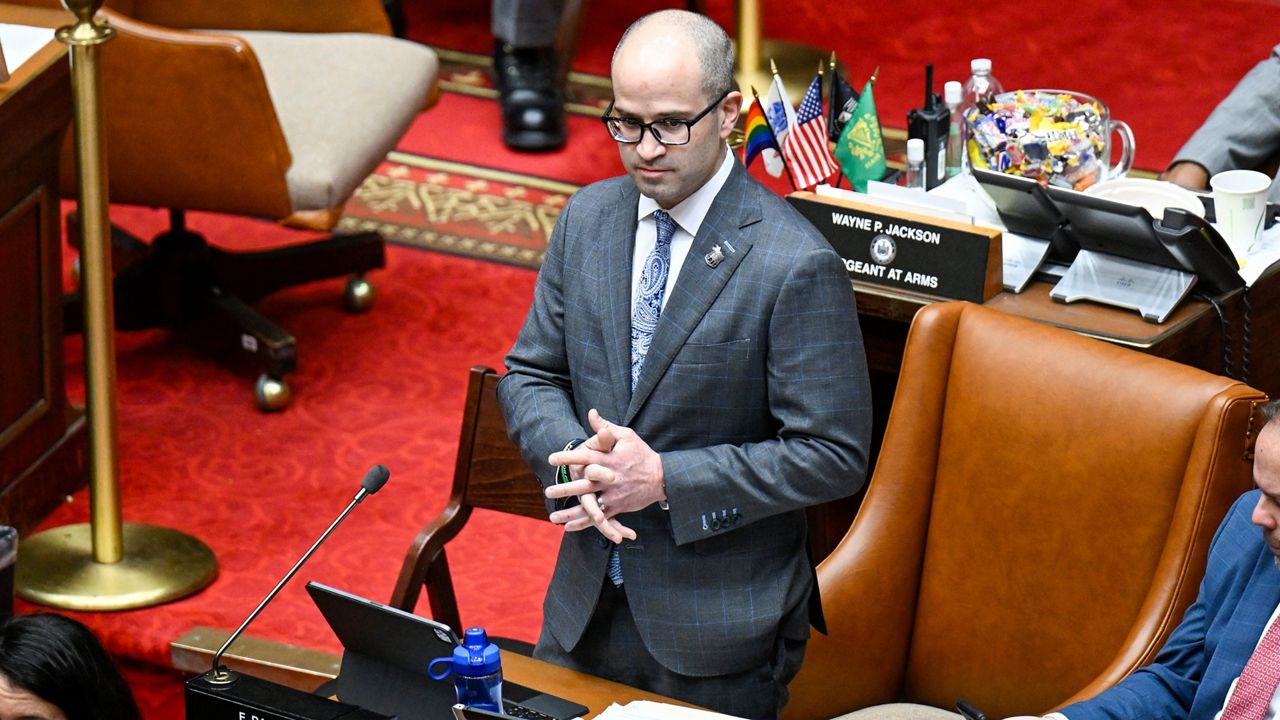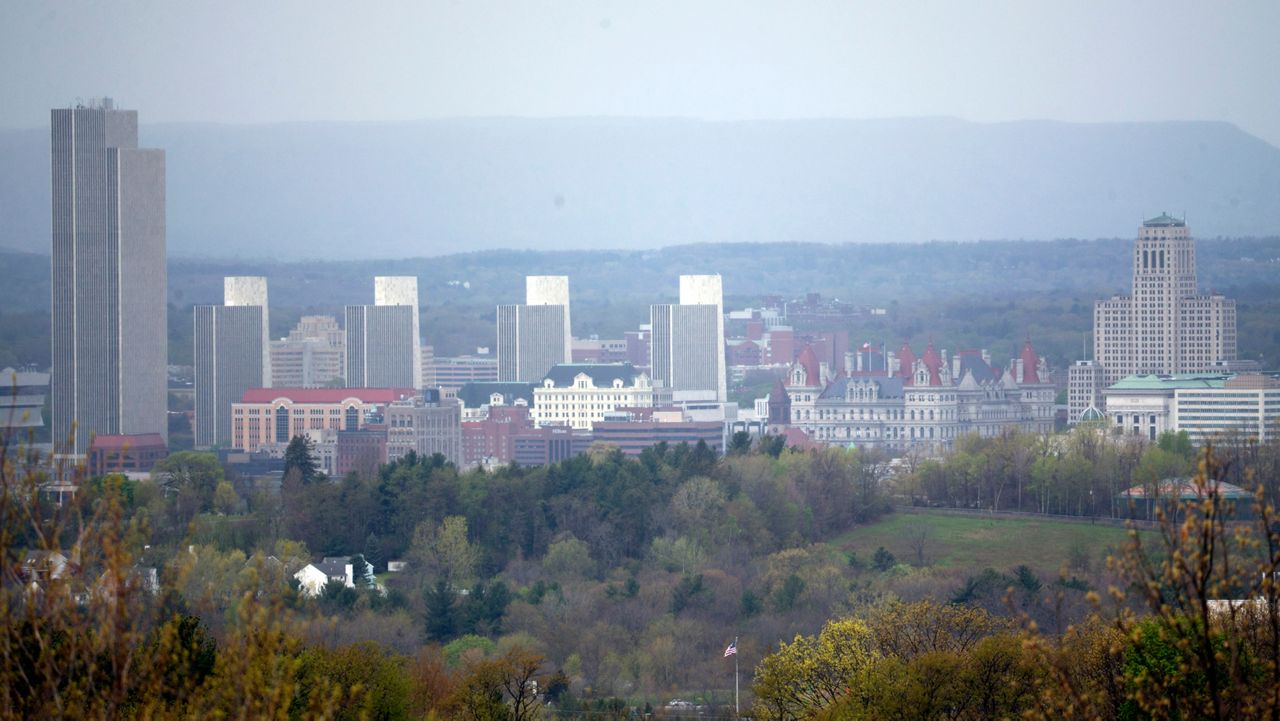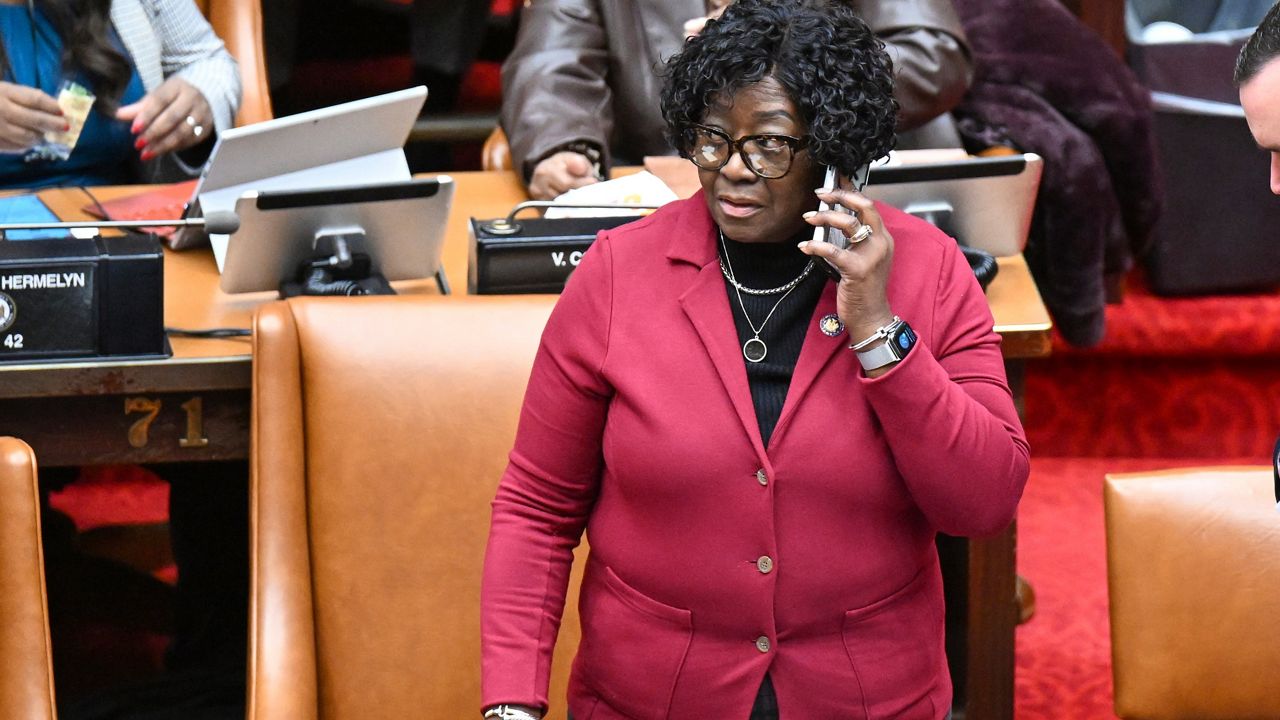New York state Assembly Speaker Carl Heastie, leader of the Assembly Democrats, is one of a handful of lawmakers who will be actively negotiating the $227 billion state budget with Gov. Kathy Hochul. Capital Tonight anchor Susan Arbetter spoke with Heastie about a variety of issues. Some excerpts from the interview are below:
CT: You’ve said that instead of reforming the bail laws for a third time, that you think the Legislature should instead tackle housing insecurity and the root causes of crime. Can you be specific?
Heastie: “If all we worry about is what happens to people at the point of arrest, it’s like we’re almost not doing justice to the issues that may have contributed to getting the person in the situation in where they are arrested.”
CT: Is there room for improvement in the bail law?
Heastie: “People don’t feel safe. So as a government we have to deal with that. But a significant portion of the conversation has to be about curing some of the community ills that have contributed to people being in front of the criminal justice system.”
CT: The governor’s “New York Housing Compact” would create 800,000 units of housing over 10 years. Is this the kind of policy you were thinking about when you said the state should tackle housing?
Heastie: “On the issue of housing and affordability, everything should be on the table. We want to make sure that tenants are not being forced out of their homes."
“It’s great that the governor put down a marker,” Heastie said of the New York Housing Compact. “If we want to deal with the issue of rising costs in housing, we have to make more affordability. It’s simple economics.”
CT: Gov. Hochul is socking away about $20 billion in reserve fund; at the same time, New York has over 100,000 residents who are homeless. Do you think there’s room to move some of those reserves into investments in housing vouchers and supportive housing to address this crisis?
Heastie: “Oftentimes, it’s raining already in certain communities, and we want to make sure the funds are there.”
“The governor’s spending plan is about two-and-half percent over all funds and 2% over state funds. Even though inflation is landing somewhere around 4%. So, I do hope in the discussion with her and the Senate, of course, that there will be room for us to increase spending to deal with some of these issues that many people in the state are talking about.”
CT : Gov. Hochul took up the issue of the minimum wage in her budget, but disappointed labor groups by including caps and off-ramps that they say would lock in a wage that’s too low. Will you make the minimum wage a priority during budget talks and insist on a full updating of the wage to reflect the increases in living costs, as advocates are urging?
Heastie: “I don’t want to get ahead of myself. Remember, I was a previous [Labor Committee] chair and when I became speaker, we were very big in the previous push to get the minimum wage increased. So, I think the increasing of the minimum wage is almost a no brainer in our conference. But where we start and what’s the number, we’ll have to have that discussion with my colleagues.”
CT: Education advocates are scratching their heads over the governor’s proposal to automatically hike SUNY and CUNY tuition hikes over a series of years, which sounds like something that was already tried with SUNY 2020. How do you plan to address that proposal?
Heastie: “If I look at something in the governor’s proposal that is, I don’t want to use the word troubling, but I just wasn’t happy about it, it was the increases of tuition.”
“Me personally, as a graduate of SUNY for undergrad and CUNY for graduate school, you know, that one kind of strikes to me. I’m still paying my undergraduate student loan. So yeah, that one is kind of…I’m not very happy about. I think the schools need the money, but I think we have to figure out a different way of raising tuition.”
CT: Separate from hiking the minimum wage, there’s a campaign led by several progressive lawmakers and groups called “Invest in Our New York” that is pushing to raise a series of taxes on the very wealthy to the tune of between $40 and $50 billion. On the other end of the ideological spectrum, business groups are concerned that this kind of omnibus tax hike would hurt the state’s overall fiscal conditions. What is your position on this “all of the above” tax hike on the state’s wealthiest residents?
Heastie: “It’s almost like going shopping. Going to the supermarket. I don’t think you necessarily go in there and say to yourself, I’m going to spend whatever amount of money and then that determines what you’re going to spend. I think we like to go in the other direction. I like to see what our shopping list is. And then we have to see, do we have enough revenue to pay for the shopping list.”
“We haven’t determined yet what the shopping list is. That’s the exercise that we’re going through as a conference.”









